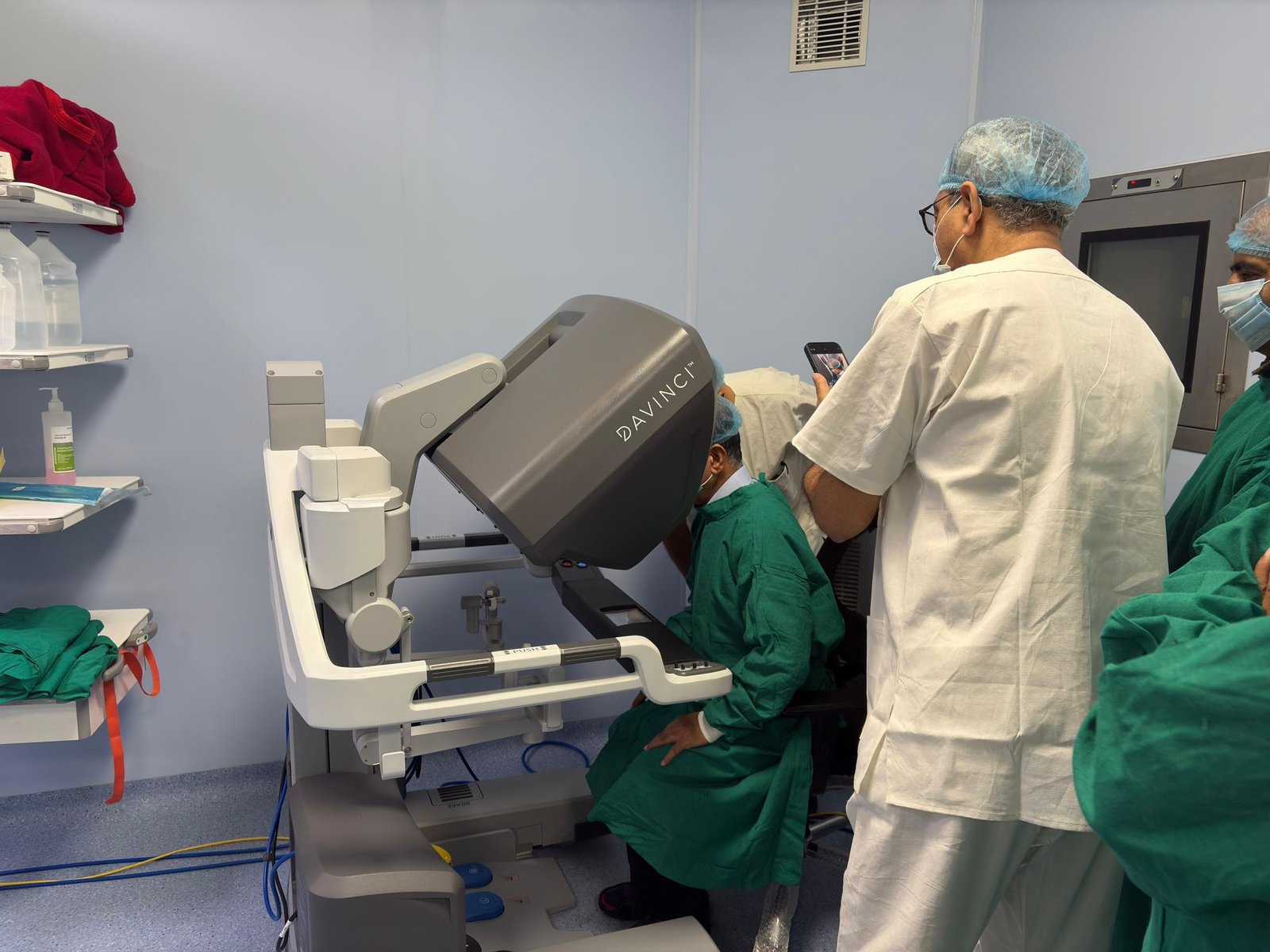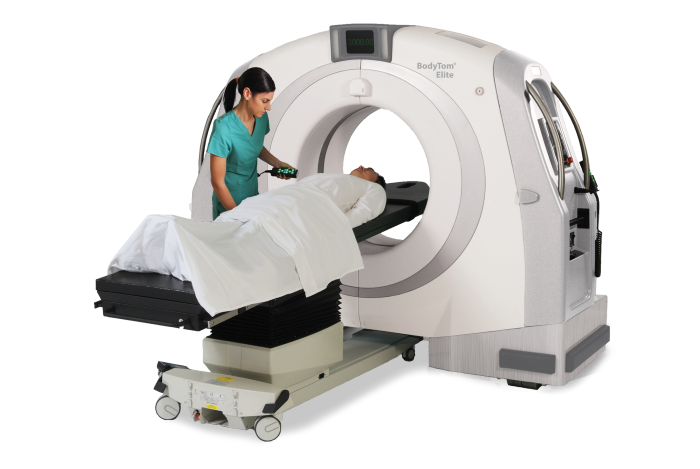Genome sequencing to transform India's healthcare practices
May 17, 2015 | Sunday | Features | By Rahul Koul Koul
Genome sequencing to transform India's healthcare practices
Mr Samarth Jain, CEO & co-founder, Positive Bioscience
Positive Bioscience was started in 2012 with an aim to bring genomics revolution to the second most populous country in the globe - India.
Sensing a huge opportunity to reduce disease burden in India, Positive Bioscience decided to focus on clinical use of genomics, enabling Indian patients to experience world-class treatment at reduced healthcare costs.
Mr Samarth Jain along with Dr Meetha Medhora, and Mrs Bapsy Jain founded the company, and he believes that advanced genomics will change the healthcare landscape of India for better.
Prior to his entrepreneurial venture, Mr Jain started his career at Wall Street and McKinsey, Singapore.
Mrs Jain is a celebrated author of the novel 'Lucky Everyday'. And Dr Meetha Medhora, an expert in genetics, currently serves as the professor in Radiation Oncology at the Medical College of Wisconsin, Milwaukee, USA.
"In the next 5-10 years," comments Mr Jain, "we will see genomics completely upgrading the way medicine is practiced. For me personally, it's great to be in a challenging field that combines high-value to society with great business potential while being cutting-edge."
This Mumbai-based start-up boasts of being the only company in India testing for 1000+ genes, and working on projects from researchers who are looking to understand the Indian population genetics.
In the beginning, Positive Bioscience struggled to find the right staff who could build products it envisioned. He points that India lacks expertise in genomics.
"As a result, finding a great team was challenging, and we had to hire most of our senior technical members from overseas. We hired all our experts from the US and Europe, and brought them to India. We had many leading US experts helping us greatly during the setup," he reveals.
The company remains as the only organization in India to test over 1000 clinically actionable cancer genes, and thus struggled with the vast amount of information it regularly processed.
In the next few years, the start-up plans to expand its product range.
"We see medicine as just in the sunrise days of the genomic revolution. In time, no doctor or hospital will entertain a patient without first having seen their genomic profile. This will greatly aid in guiding clinical decisions and improving healthcare," Mr Jain excitedly opines.
Right now, Positive Bioscience houses over 20 technical staff comprising of genomics & medical experts, biologists, information technologists, mathematicians and statisticians.
The company's R&D is funded by its own profits.
"If the government makes it easy to get genomics grants, we can use this money to increase our R&D expenditures, which in turn will help us push out newer, clinically-relevant products rapidly," emphasizes Mr Jain.
The company has collaborated with hospitals, clinicians, researchers and research institutions, and pharmaceutical companies across the globe.
With pharmaceutical companies, it aims to discover new drugs and find further uses for existing molecules.
"We are excited to see how genomics can play a vital role in drug development in the future. Our partners are equally excited to leverage our platform in speeding up the development," notes Mr Jain.
In August 2014, Positive Bioscience also partnered with Medanta, launching personal genomics clinic, offering advanced facilities and services in preventive healthcare and personalized medicine.
Speaking on the government's role in nurturing start-ups, Mr Jain suggests, "The government could create bioparks for start-ups, with shared facilities and infrastructure. Along with this, grants and access to leading institutes at home and abroad should be provided to help with the setting-up process which will aid start-ups to get off the ground."
He sees major differences in the way start-ups are nurtured in India and the West.
"India is just beginning to catch the start-up bug. In the West, this is a well-established industry. It's often harder in India to raise funds than in the US," he adds.
As a negative trend, Mr Jain points that, in genomics several new companies do not offer comprehensive testing, thus misleading both public and doctors, and creating problems for the industry.
"However, in the next one or two years, I feel a lot of these will be gone, leaving only the more serious players," Mr Jain expresses.
As a start-up destination, he sees Bangalore and Hyderabad as hot hubs for lifesciences start-ups in the country.
"In the years to come, if other cities create good infrastructure and platforms, I see no reason why they can't attract start-ups," he predicts.
As a start-up entrepreneur, he mentions a couple of things to aspiring entrepreneurs.
"Firstly there needs to be focus on exact skillsets you need, and then hire stringently based on those parameters. Secondly, once your start-up grows to a certain level, you need professional business expertise. Too many entrepreneurs are afraid to bring in professional management fearing a change in culture. At this stage, a careful shift is required," Mr Jain advices.
"In the future," concludes Mr Jain, "the big change will be when we see a day when everybody has their genome sequenced and analyzed. This information will be invaluable to doctors, and will change the way healthcare is practiced today."









